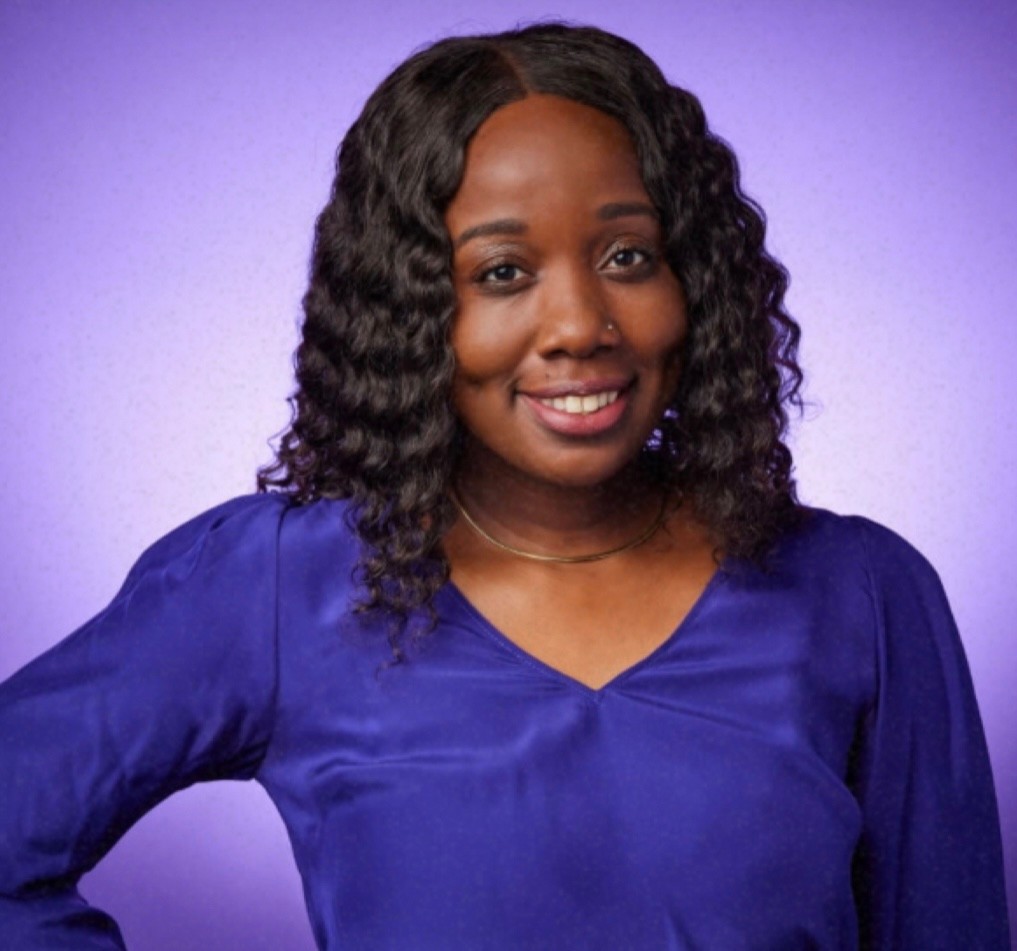We’re excited to introduce you to the always interesting and insightful Dr. Whitnee Boyd. We hope you’ll enjoy our conversation with Dr. Whitnee below.
Dr. Whitnee, appreciate you joining us today. Any advice for creating a more inclusive workplace?
We spend way too many hours investing in our work and workplaces for us not to feel valued for our intellect, ability, and skills. Fostering an inclusive workplace is essential to the success of any organization. Organizations must be willing to make system level changes that will address the unique needs of its employee base. This moves the conversation and commitment beyond short-term or one-off acts, you know…the pizza party or a team outing to play minigolf. While these acts may be appreciated by some, it does not foster inclusion across an organization. When I speak of transforming cultures to be more inclusive, this means a shift in policy, funding to support ideas and initiatives set forth by employees, and ensuring the right people are in place at all levels of leadership. For me, from lived experiences in the workplace and beyond I used the opportunity to leverage my influence to create a more inclusive workplace for not only me, but others with similar paths and lived experiences as mine. One of the closest things to my heart that I have done is creating an employee resource group for Black women at a former workplace that is still thriving today. This space became a place of refuge, hope, and connection building for Black women that we valued in a special way. We could enter this space to have dialogue about anything from promotions to summer hairstyles, all of which were important to us feeling seen, heard, and valued. The motivation I received from this group of women helped me outside of that space to be a committed advocate to ensuring we addressed culture and belonging from a systemic way. The investment in establishing this employee resource group led to centering the experiences of these women in other rooms where decisions were made through policy that would impact them. To build an inclusive workplace, leaders must be willing to act on and respond to the needs of their employees that represent diverse backgrounds. Employees have grown weary from lamenting at listening sessions and surveys, they need and deserve actions that commit to their well-being. Inclusion is a driver for belonging. Belonging is a path to invested and committed employees who will care deeply for the culture.

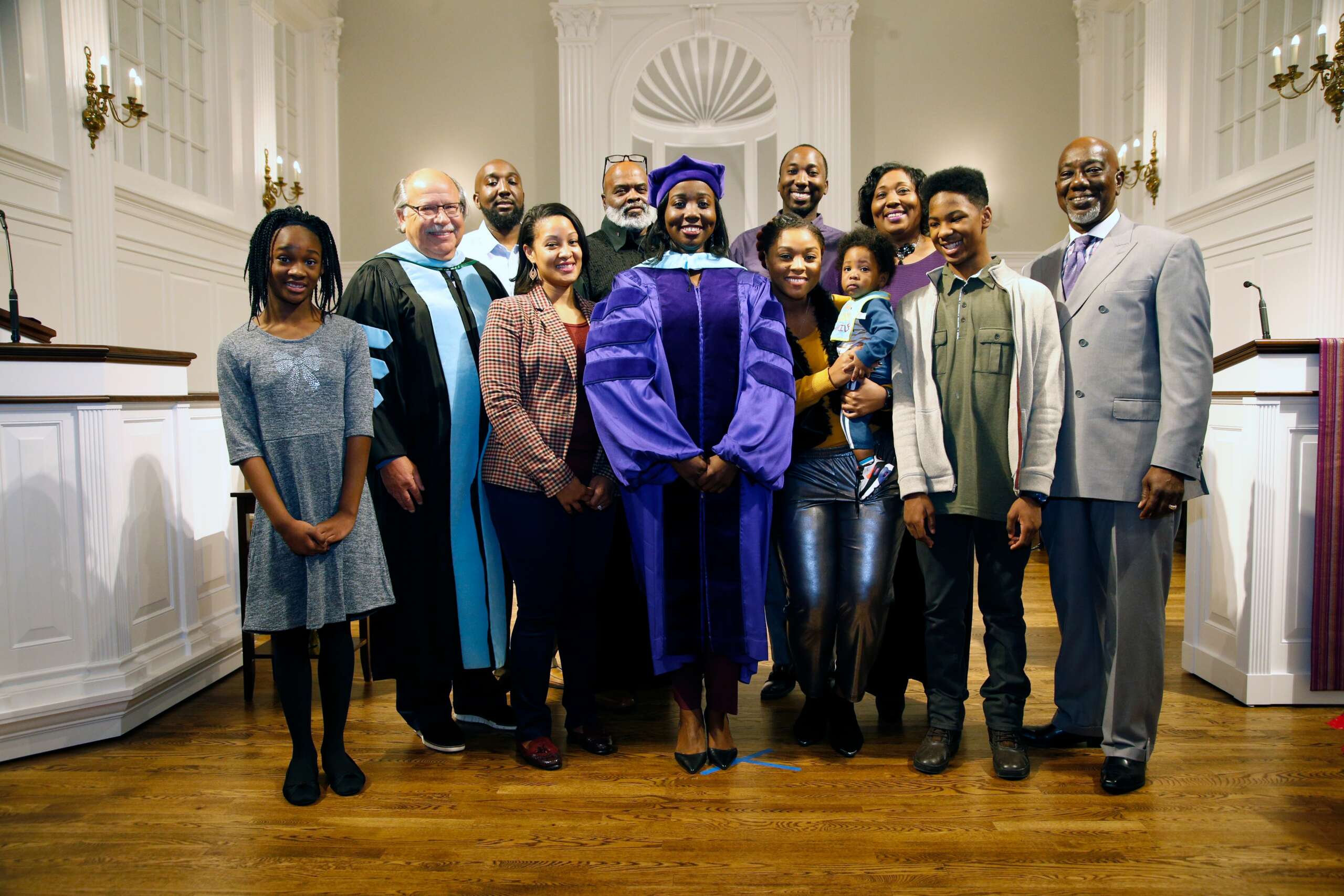
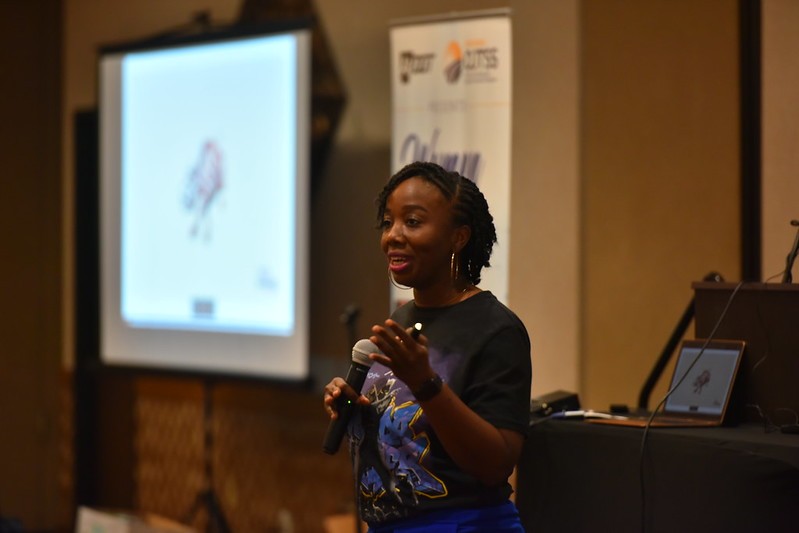
Dr. Whitnee, before we move on to more of these sorts of questions, can you take some time to bring our readers up to speed on you and what you do?
God has propelled me into leadership in ways that I did not imagine and at an early point in my career. I was navigating boardrooms and spaces with senior leadership at a stage in my career where I was still discovering my path. On the path to finding and building my sense of belonging in the workplace and a commitment to my own well-being, I was compelled to find my voice in a way that led me to launching my own business focused on providing professional learning and development opportunities to organizations. It was once I realized that I was the talent and it belonged to me that I knew I wanted to use my God-given abilities in a way that uplifted not only me, but allowed me to invest in others. Through Doc B. Empowers, I aim to empower others by fostering self-discovery and helping individuals find and amplify their voices. I believe that true empowerment comes from a place of wholeness and authenticity. By understanding who we are and what we bring to the table, we can build a more inclusive environment in our communities, workplaces, and homes in a way that nurtures a sense of belonging. I have been fortunate to not only do this through my business, but to teach these skills inside of the classroom to students and across the nation engaging with teams at various organizations. I am grateful for each organization that brings me in to work with their employees, students, and teams to empower them to achieve as leaders and build a culture of belonging. One of my proudest moments of connecting with people through my speaking is when a young woman told me that she saw herself in my story. She was encouraged to keep moving forward and pursuing her dreams because of my story. It is in those moments that I know I am doing the work God has equipped and purposed me to do. It is my goal to partner with more organizations to work alongside them to build a more inclusive workplace where leaders can lead with authenticity, showcase their brilliance, and lean into who they are while leading.
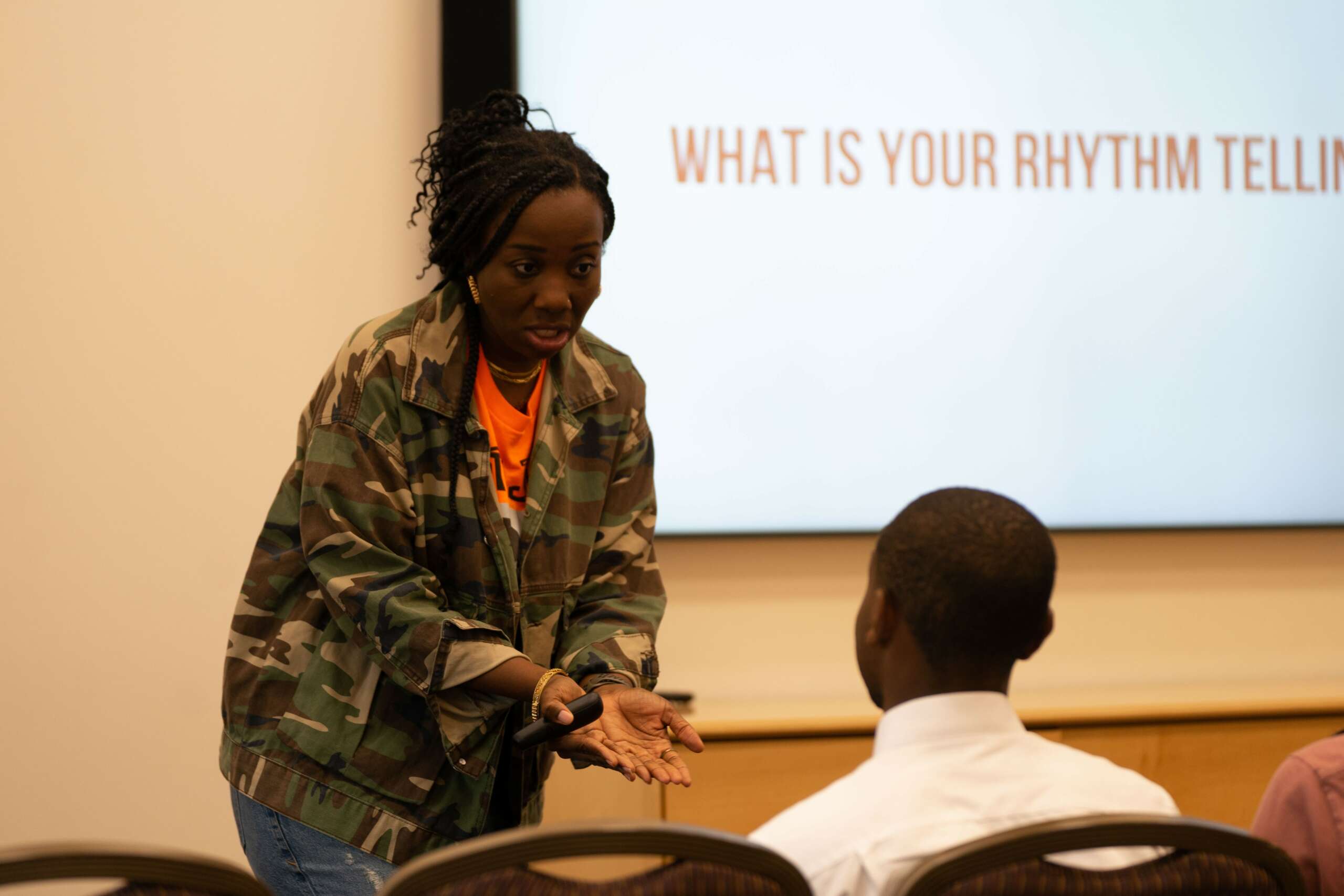
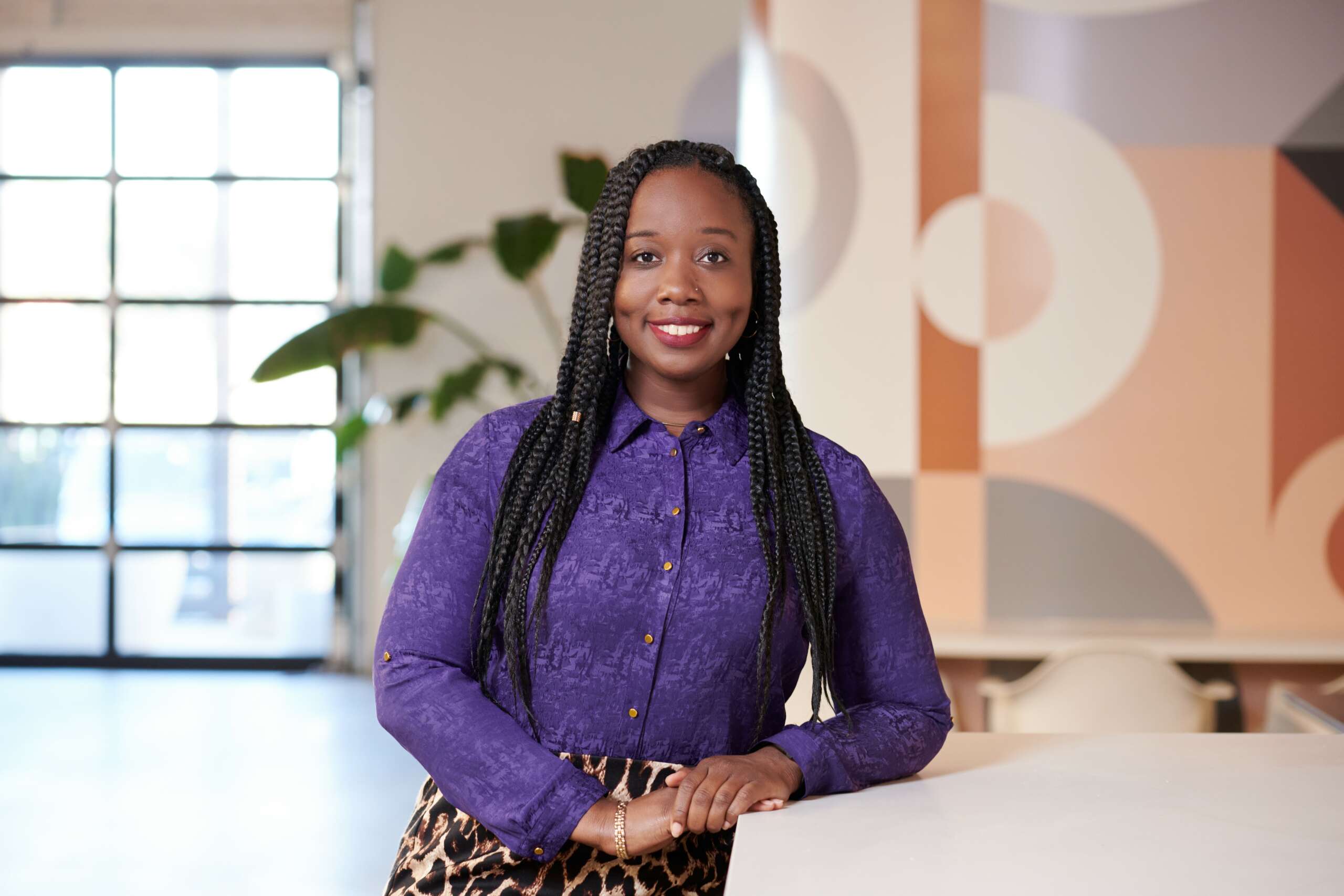

We often hear about learning lessons – but just as important is unlearning lessons. Have you ever had to unlearn a lesson?
If you were to ask the teenage version of me, by no means would I have imagined life today. If you were to even ask the college version of me, by no means would I have imagined life today. That version of myself saw me as a marketing executive at a Fortune 500 company. I had no idea of the path to get to that, but I so desperately wanted to have a plan and was committed to that one. I was the ideal business student who was strong academically, actively engaged as a leader, and completed internships. All of this led me to discovering another path that would be drastically different from being a marketing executive, but one that would commit me to living a life of purpose. My journey has been one that has been far from being linear. Once upon a time I struggled with that because it feels like it would be easier to just follow a certain path. But God revealed to me that I’m safe in His arms and plan. Once I let go of the idea of a linear path, I have felt and experienced a different level of freedom. A freedom that allows me to live out a path that is driven by what God has placed in my heart and in my path. He keeps reminding me of that as He takes me to new places and spaces in all areas of my life. And no matter where my path takes me, I’m still operating in His will and with purpose.
Let’s talk about resilience next – do you have a story you can share with us?
As a high achieving individual who has worked diligently to effectively and efficiently set goals and work towards accomplishing them, I was not always prepared for the rejection that came along with that. It can be gut wrenching to experience rejection, especially when you know you worked hard to reach a certain outcome. I can recall being in my first job post my masters program and I was at a point where I was not sure what would be next and I was not content with the position. In my mind the solution was to pursue a terminal degree at the institution I worked for that would allow me to be prepared for future positions. I applied for a doctoral program and was confident of my ability to be successful in the program. Being the planner that I am, I met with the program director and got an understanding for the requirements and needs of the program. I put in countless hours for the application, writing essays and gathering letters of recommendation and more, only to be rejected. I could not fathom why I was denied entry into the program. Even though I was early in my career, I was still confident that I could compete in the classroom. What I later discovered is that this no, led me to the right yes. It can be such a draining and disheartening experience. I honestly can’t count the amount of rejections I have received, because it’s too many. What I have learned over the years is that rejection doesn’t define my value, worth, or ability. What I am confident in is that there is a YES on the horizon that will align with God’s will for me. Just as this “no” led to the right yes and the right program that has been pivotal to my career, I am confident that I am on the right path as Dr. Whitnee Boyd.
Contact Info:
- Website: www.docbempowers.com
- Instagram: docbempowers
- Facebook: Doc B. Empowers
- Linkedin: Doc B. Empowers
- Twitter: docbempowers
Image Credits
Kenneth White Garrett Cook Agency Habitat


